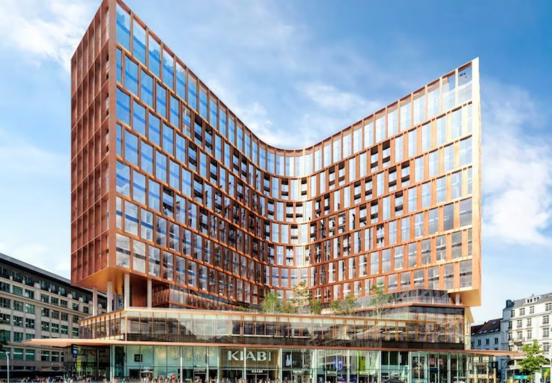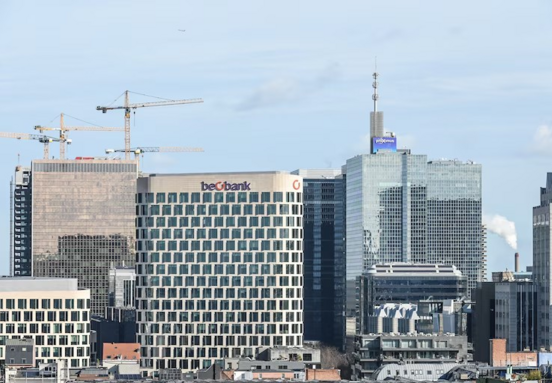Brussels office market: a frowing fiscal challenge
For several years, the demand for office space in Brussels has been on a downward trend, leading to an increase in vacancy rates. However, contrary to what one might expect, the tax pressure on commercial properties continues to escalate.
This situation has led one nationalist MP to describe Brussels as a 'fiscal minefield' for businesses, where high costs are systematically forcing companies to leave the region.
This assessment aligns with analyses from organisations representing Flemish businesses, highlighting a significant concern for potential tenants and investors.
The mounting tax burden explained
A recent study by Ayming Belgium sheds light on the specifics of this tax burden. The average property tax (précompte immobilier) in the Brussels-Capital Region now stands at a striking 55.35% of the indexed cadastral income. This is notably higher than in Wallonia (54.95%) and significantly more than in Flanders (46.26%).
Alarmingly, six communes within Brussels see this pressure exceed 60%. Adding to this, a regional tax averages 24.92% of the précompte immobilier.
Furthermore, businesses must contend with additional communal taxes on offices and parking spaces, which vary from one municipality to another. This cumulative effect makes the financial and administrative burden 'insupportable' for Brussels-based companies, impacting their operational costs and overall competitiveness.
Why businesses are looking elsewhere
The combination of high property taxes, regional levies, and varied communal surcharges creates a complex and costly environment. This deters new investments and encourages existing businesses to consider relocating to regions with more favourable fiscal conditions.
The ongoing increase in tax pressure, despite a softer real estate market, directly impacts a company's bottom line, making the search for affordable and attractive office or warehouse space in Brussels increasingly difficult.
Calls for reform and future outlook
In response to these challenges, there are ongoing calls for a deep reform of the fiscal rules applicable to office buildings in the Brussels-Capital Region. Proponents advocate for regional harmonisation and a reduction in office-related taxes to restore Brussels' attractiveness for investors and employers.
However, despite these pleas and proposals, legislative efforts to address the issue have so far met with political resistance. For businesses considering Brussels, staying informed about these tax dynamics and advocating for reform remains crucial for future planning and investment decisions.
Source: rtbf.be







